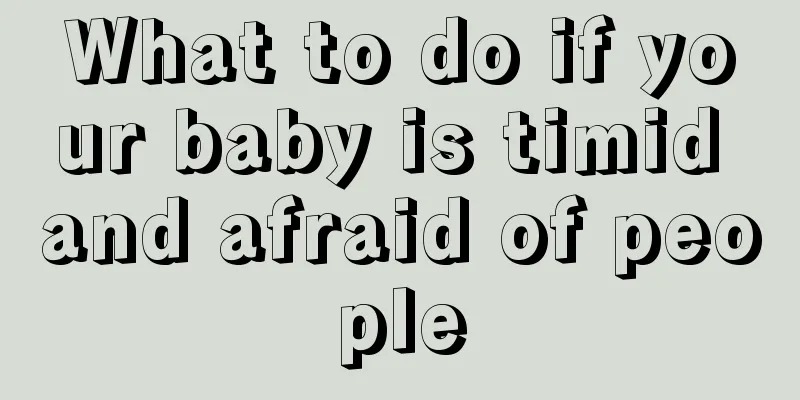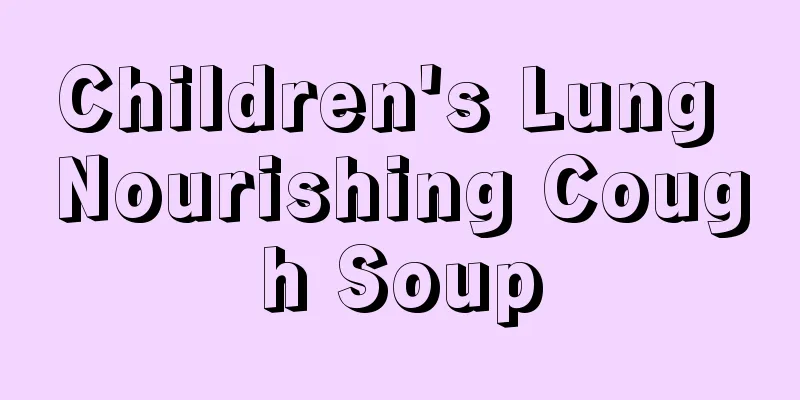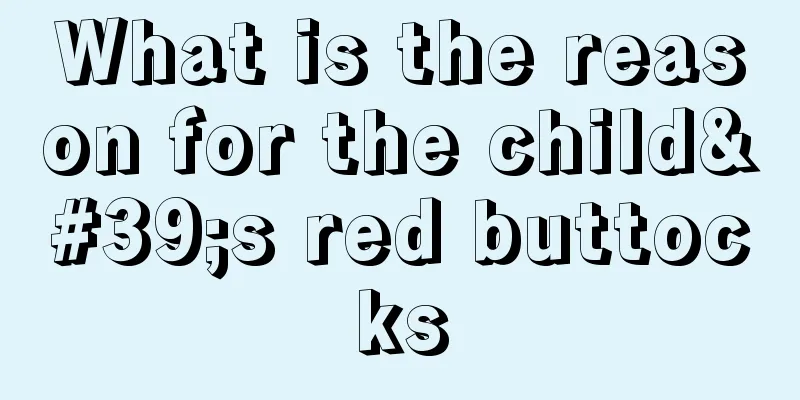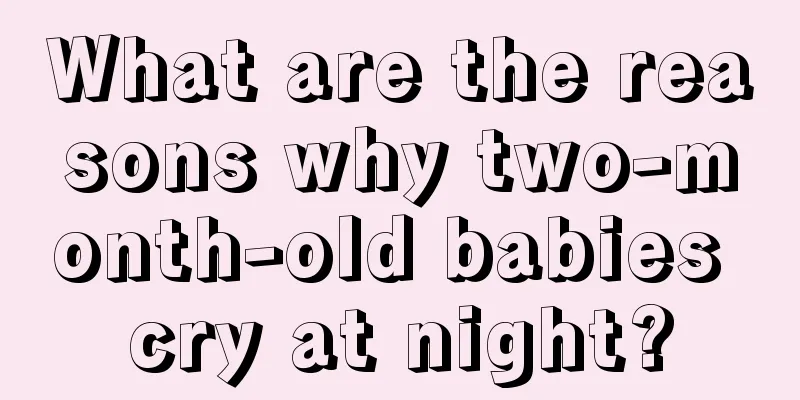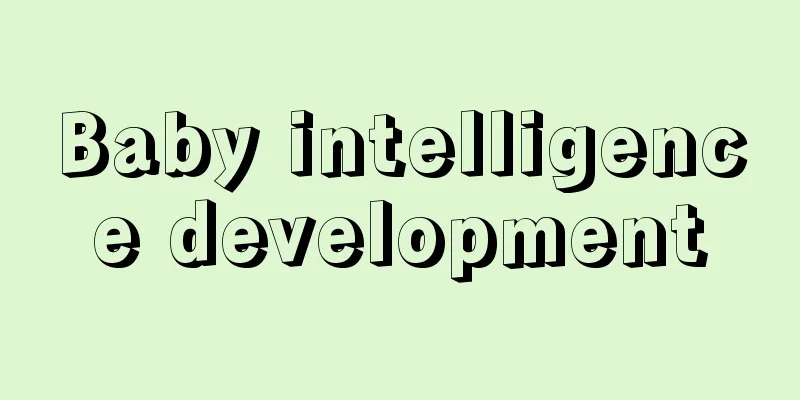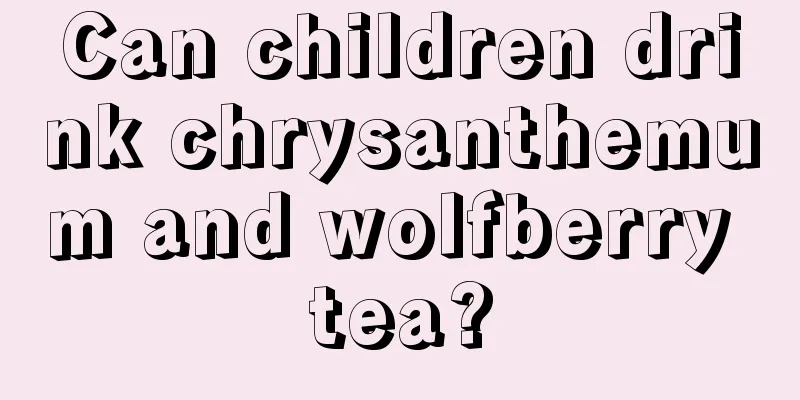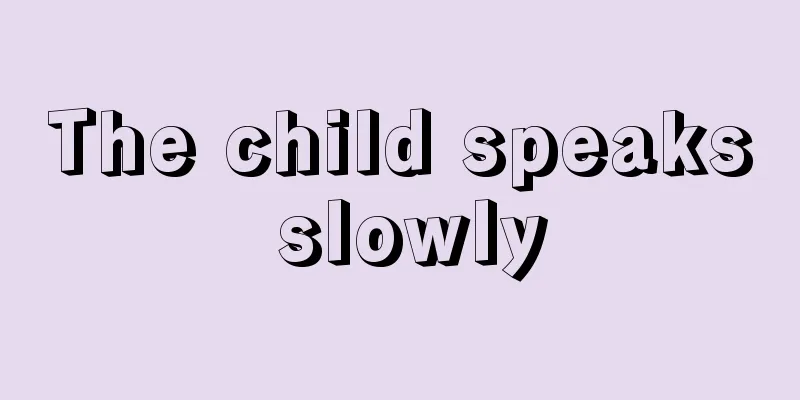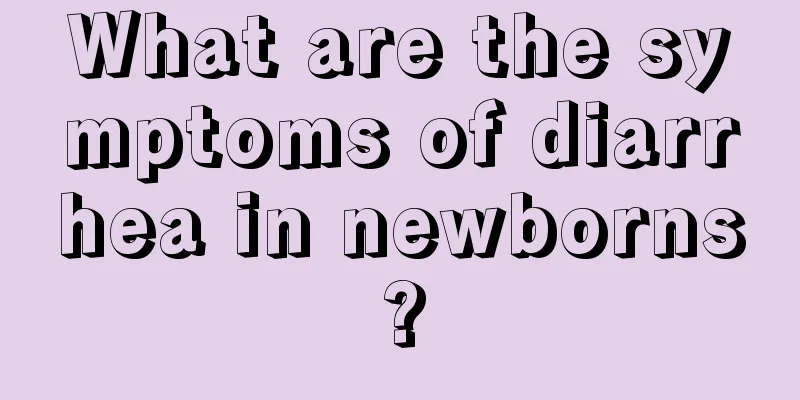What causes babies to nod their breathing?
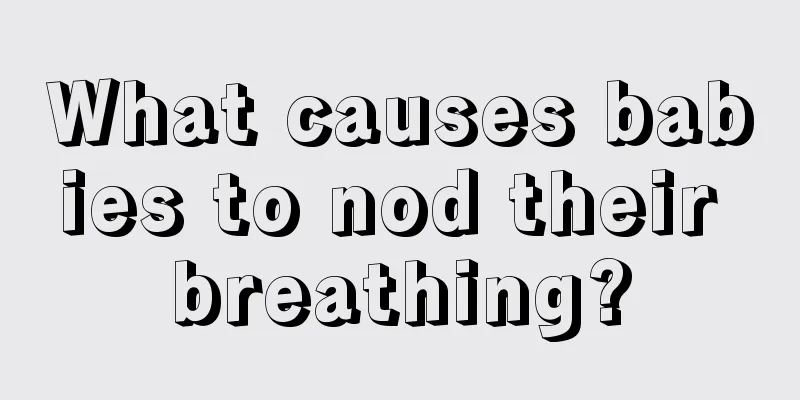
|
From the moment a newborn is born, parents will give their children meticulous care. Careful parents will always find that their children have various minor problems and small movements when they are sleeping or feeding. For example, they may have nodding breathing while sleeping, sneeze easily, always sigh like an old man, and occasionally spit up milk while feeding. How to judge these symptoms in newborns? 15 abnormal conditions of newborns are not diseases In order to take meticulous care of their newborn babies, new mothers must first understand the baby's physical condition. Even healthy babies may have some physiological conditions that are different from adults, which may make parents worry and afraid. Here are 15 non-disease abnormal conditions of newborns to help new parents better understand the baby's physiological mechanisms. Limb curling Before birth, due to space limitations in the uterus, the fetus's movements are mostly with the head toward the chest, the hands tightly clasped in front of the chest, the legs curled up, and the palms clenched. After birth, the head, neck, trunk and limbs will gradually stretch out, so babies are often born with slightly bent calves, inverted feet, slightly turned outwards arms, clenched fists, or flexed limbs. Note: Unless there is a problem with the baby's brain or nerve development, these conditions will be corrected naturally as the control of the nervous system gradually progresses from gross movements to fine movements. sneeze Occasional sneezing in newborns is not a sign of a cold, because the blood flow in the newborn's nasal cavity is more vigorous and the nasal cavity is small and short. If there are tiny external substances such as cotton wool, fluff or dust, they will irritate the nasal mucosa and cause sneezing. This can also be said to be a way for the baby to clean the nasal cavity instead of using his hands. Note: Sneezing may also occur when the baby is suddenly exposed to cold air. Unless the baby already has a runny nose, parents do not need to worry and do not need to let the baby take cold medicine at every turn. Weight loss Newborns tend to lose weight one week after birth. This is because the baby's food intake has not yet formed a regular pattern. In addition, the daily excretion of urine and feces, respiratory metabolism, and water excreted from the skin that is invisible to the naked eye all cause the weight to decrease in the first 3 to 4 days after birth. The amount lost may be as much as 10% of the birth weight, but as the baby gradually adapts, the lost weight will be regained by the 8th or 9th day. Note: If there is no recovery after 10 days, you should see a doctor to find out the cause. Jump start Newborns often have local muscle twitching after falling asleep, especially fingers or toes will tremble slightly, or when exposed to slight stimulation such as strong light, sound or vibration, they will open their hands upwards and quickly retract them, sometimes accompanied by a "startle" reaction of crying. This is due to the immature development of the newborn's nervous system. At this time, the mother can calm the baby down by gently pressing any part of the baby's body with her hand. Note: If your baby shows symptoms such as staring, tremors, or constant blinking, repeated chewing and sucking movements, uneven breathing, cyanosis of the skin, and twitching of facial muscles, you should see a doctor promptly. Hiccups Hiccups in newborns are a very common phenomenon. Since the nervous system of newborns is not yet fully developed, they hiccup and fart more frequently than adults. Note: If your baby at home continues to hiccup for a period of time, you can feed the baby some warm water to stop the hiccups. Chin shaking Since the nervous system of newborns is not fully developed, their inhibitory function is poor and their chins often shake involuntarily. Parents do not need to worry. Note: However, if it is a cold season, you need to pay attention to whether the baby's chin shaking is caused by insufficient warmth. In addition, if accompanied by other symptoms, it may be one of the signs of the disease. As for the reason why babies nod their heads and breathe, this is because when children are sleeping, the brain nerves will actively conduct energy, just like when they are still in the fetal stage. The child has not been able to adapt to the outside environment, and the chin will tremble. He will sigh like an old man, yawn, and have symptoms of hiccups or sneezing. Parents and friends should not worry. |
<<: What causes babies to breathe loudly?
>>: What causes respiratory depression in newborns?
Recommend
Congenital laryngeal stridor in newborns
When a baby is born, every parent hopes that the ...
What are the symptoms of dysphagia in newborns?
Whether the baby has difficulty swallowing can be...
Why is the child's hand peeling?
In life, children's skin is relatively fragil...
Baby's head with red envelope
If a red bump suddenly appears on your baby's...
How to improve children's memory
We usually think that good memory is a sign of in...
What are the benefits of spinal massage for children?
Pinching the spine for children is a relatively c...
Treatment of newborn baby coughing while sleeping
Coughing in newborns while sleeping is a common d...
Solution to white tongue coating in newborns
The physical health of newborns is something that...
What are the spleen-strengthening and appetite-stimulating soups for children?
When it comes to the problem of anorexia in many ...
Baby's leg lines are asymmetrical
Children will always encounter many problems in t...
Methods of memory training for junior high school students
The majority of young people who are in junior hi...
What should a four-month-old baby with thinning hair eat?
The thinning hair of a four-month-old baby has be...
How to train children with congenital amblyopia?
Many children suffer from congenital amblyopia. I...
How to care for a baby girl's private parts
Many parents think that caring for the baby's...
What is the complete knowledge of neonatal care?
The arrival of a newborn brings a lot of laughter...
